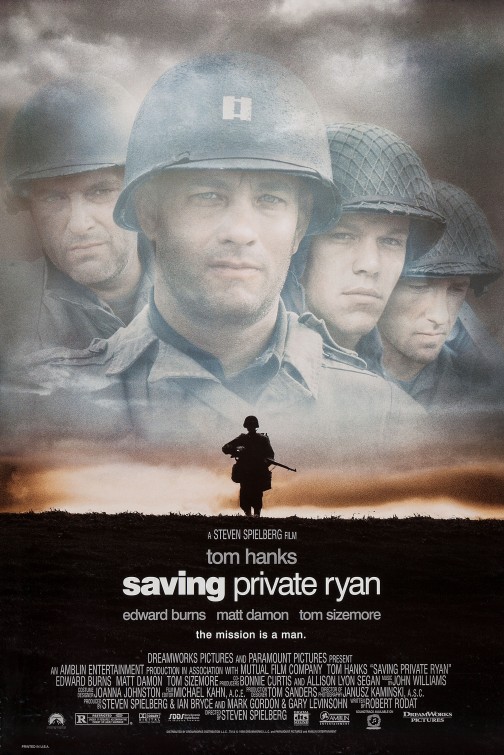It is sad to hear the poor conditions for the Jews who had to travel in the cattle cars. Elie says "Lying down was not an option, nor could we all sit down. We decided to take turns sitting. THere was little air." I know I could not take it sitting in close quarters with little air. And worse, this trip lasted two days. At the end of the trip was when the optimists realized there was nothing to look forward to at the end of the trip. he says "Our eyes opened. Too late." pg. 23
Elie met a certain woman during his journey named Mrs. Schachter. The separation of her from her husband and sons had totally shattered. Throughout the journey she began crying at "Fire! I see a fire! I see a fire!" At first, everyone thought she had gone crazy like Moishe. After awhile, I believed that she something that the others did not like Moishe.
After stopping at Auschwitz to refuel, the convoy began to move again and reached Birkenau. By that time Mrs. Schacther once again urged her fellow companions to "Look at the fire! Look at the flames!" This time, they did see the flames rising from a large chimney nearby. Elie describes the exit from the train like this. "In front of us, those flames. In the air, the smell of burning flesh." Now the others could fully comprehend Mrs. Schacther. I think that she must have known ahead of time on what would happen to her fellow Jews. This is probably where optimism was swept away from everyone.
Friday, April 25, 2008
Saturday, April 19, 2008
Pg. 3-22


At first the Jews of Sighat thought they were lucky and would not be caught by the Germans. Eventually, the Germans came but as nice guests who would be kind to their hosts. Soon after though, the Germans took control over the town and started moving the Jews out. How come they felt blind sided?
The Jews of Sighat were way too optimistic on what was happening. They fell for every trick the Germans played, ignored obvious signs, and are eventually deported. The only one who truly knew what was going on was Moishe the Beadle and he brought pessimistic news so he was not listened to. This is what Wiesel talked about in the preface.
He said that "We believed in God, trusted in man, and lived with the illusion that everyone of us has been entrusted with a sacred spark from the Shekinah's flame; that everyone of us carries in his eyes and in his soul a reflection of God's image. That was the source if not the cause of all our ordeals." He also blamed the Jews' optimism in everyone and thing.
Friday, April 11, 2008
Pages vii - xxi (Preface and Forward)
In the first few sentences, I can tell that he is going to tell me everything he saw during the Holocaust. He talks about different things that help to influence this story. One example is the fact that he is still alive to tell the tale. It seems like he will speak the whole truth on his story.
One thing that I don't understand is why he keeps out certain things from this copy of the story. He talks about all these things that are missing, but keeps them out due to random excuses. They were pretty interesting and made it more realistic. The first part he talks about brings us into his mindset.
"In the beginning there was faith- which is childish; trust- which is vain; and illusion- which is dangerous. We believed in God, trusted in man, and lived with the illusion that everyone of us had been entrusted with a sacred spark from the Shekhinah's flame; that everyone of us carries in his eyes and in his soul a reflection of God's image. That was the source if not the cause of all our ordeals."
Subscribe to:
Posts (Atom)

